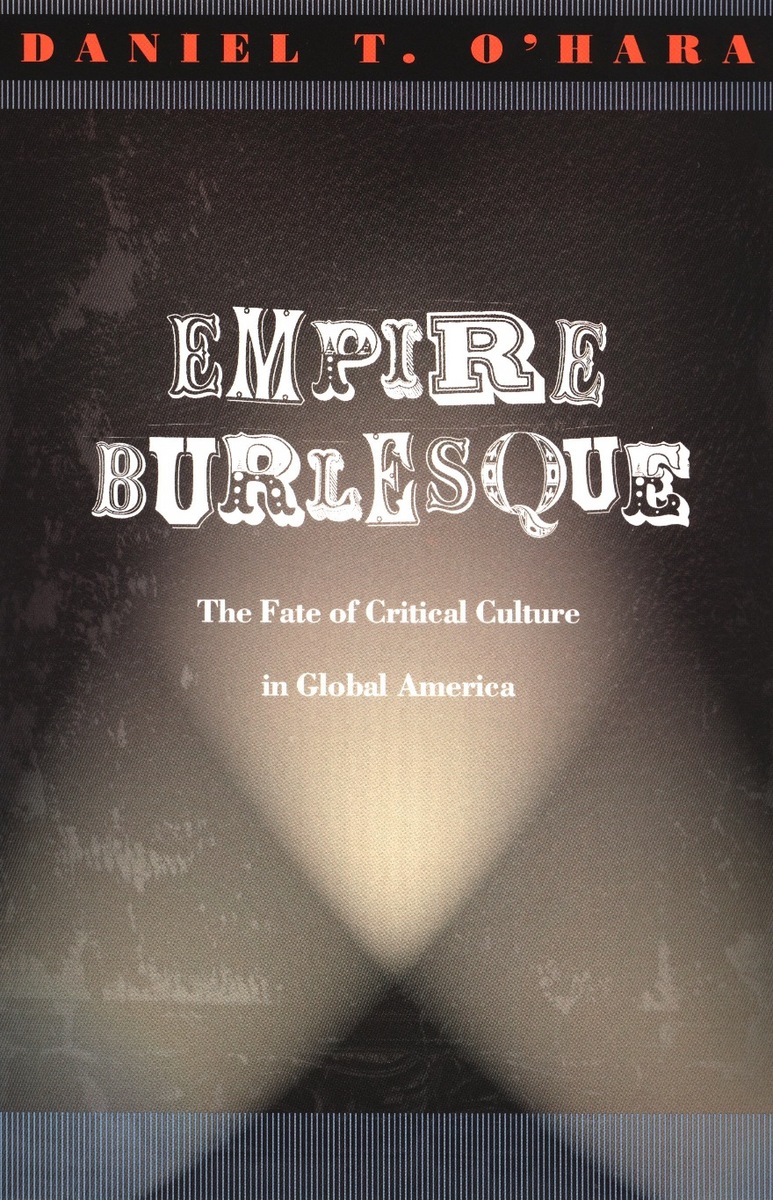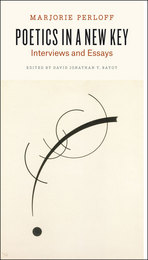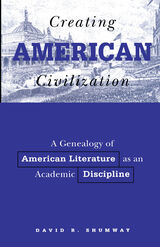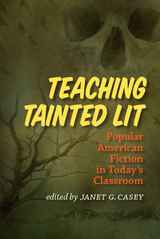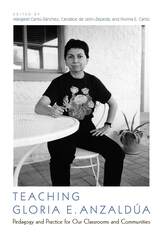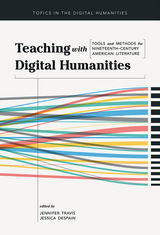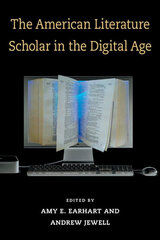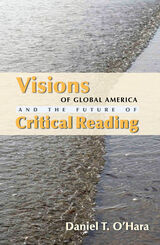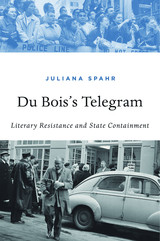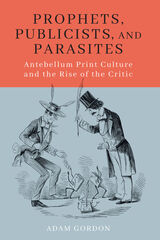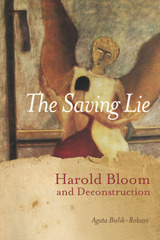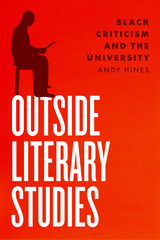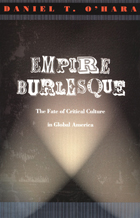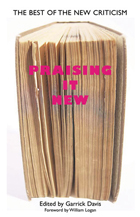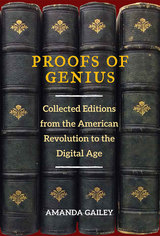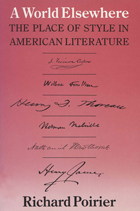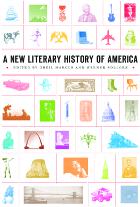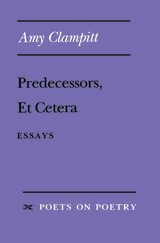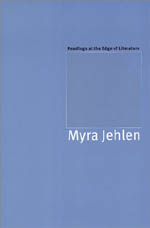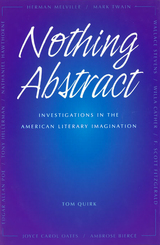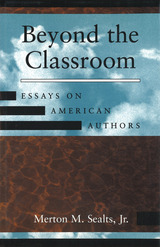Paper: 978-0-8223-3019-6 | Cloth: 978-0-8223-3032-5 | eISBN: 978-0-8223-8466-3
Library of Congress Classification PS78.O38 2003
Dewey Decimal Classification 801.95097309045
Empire Burlesque presents several interrelated analyses through readings of a range of writers and cultural figures including Henry James, Freud, Said, De Man, Derrida, and Cordwainer Smith (an academic, spy, and classic 1950s and 1960s science fiction writer). It describes the debilitating effects of globalization on the university in general and the field of literary studies in particular, it critiques literary studies’ embrace of globalization theory in the name of a blind and vacant modernization, and it meditates on the ways critical reading and writing can facilitate an imaginative alternative to institutionalized practices of modernization. Drawing on Lacanian psychoanalytical theory, it diagnoses contemporary American Studies as typically driven by the mindless abjection and transference of professional identities.
A provocative commentary on contemporary cultural criticism, Empire Burlesque will inform debates on the American university across the humanities, particularly among those in literary criticism, cultural studies, and American studies.
See other books on: 1970- | Fate | Foreign influences | Mass media and culture | Pease, Donald E.
See other titles from Duke University Press
